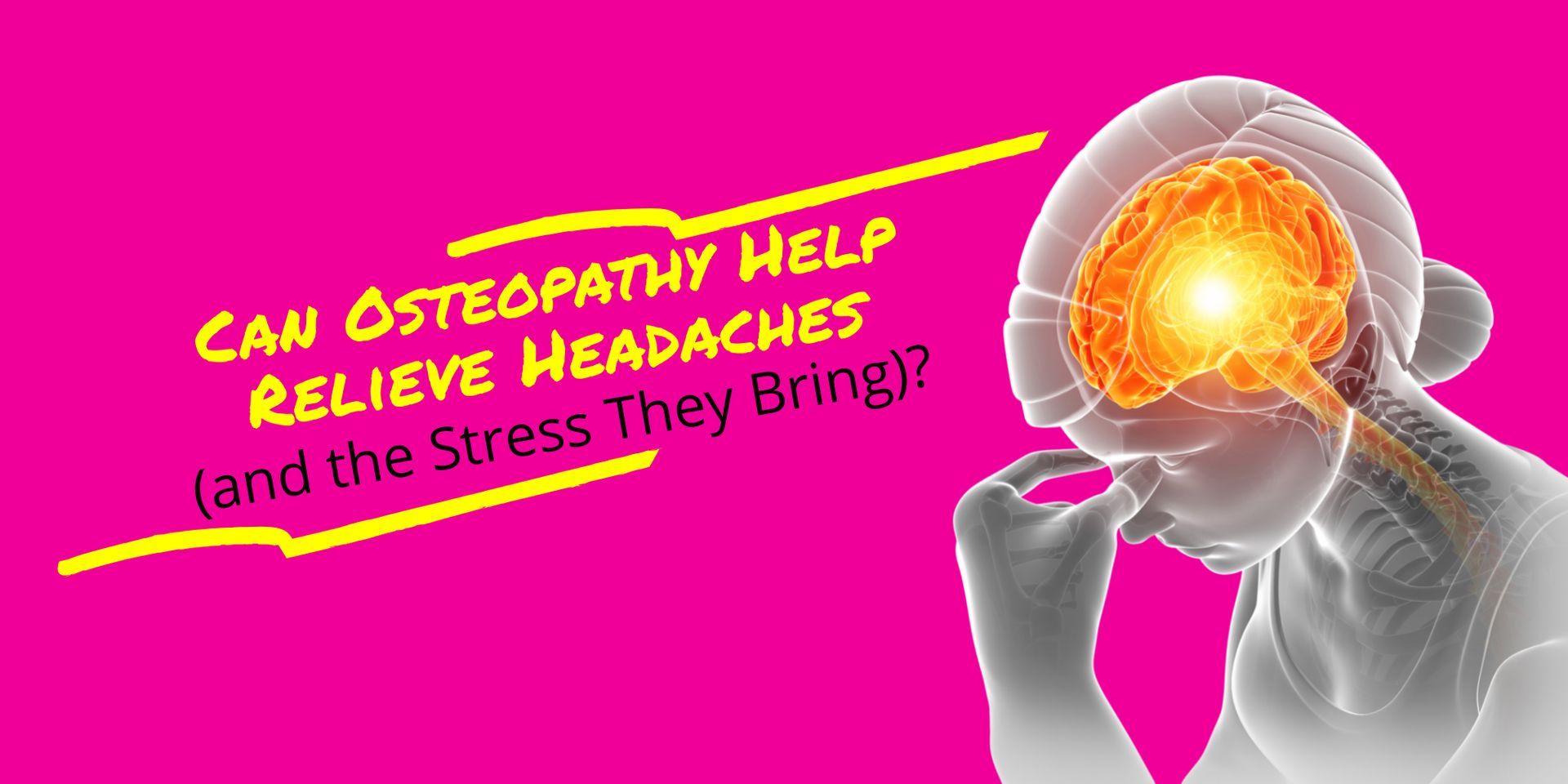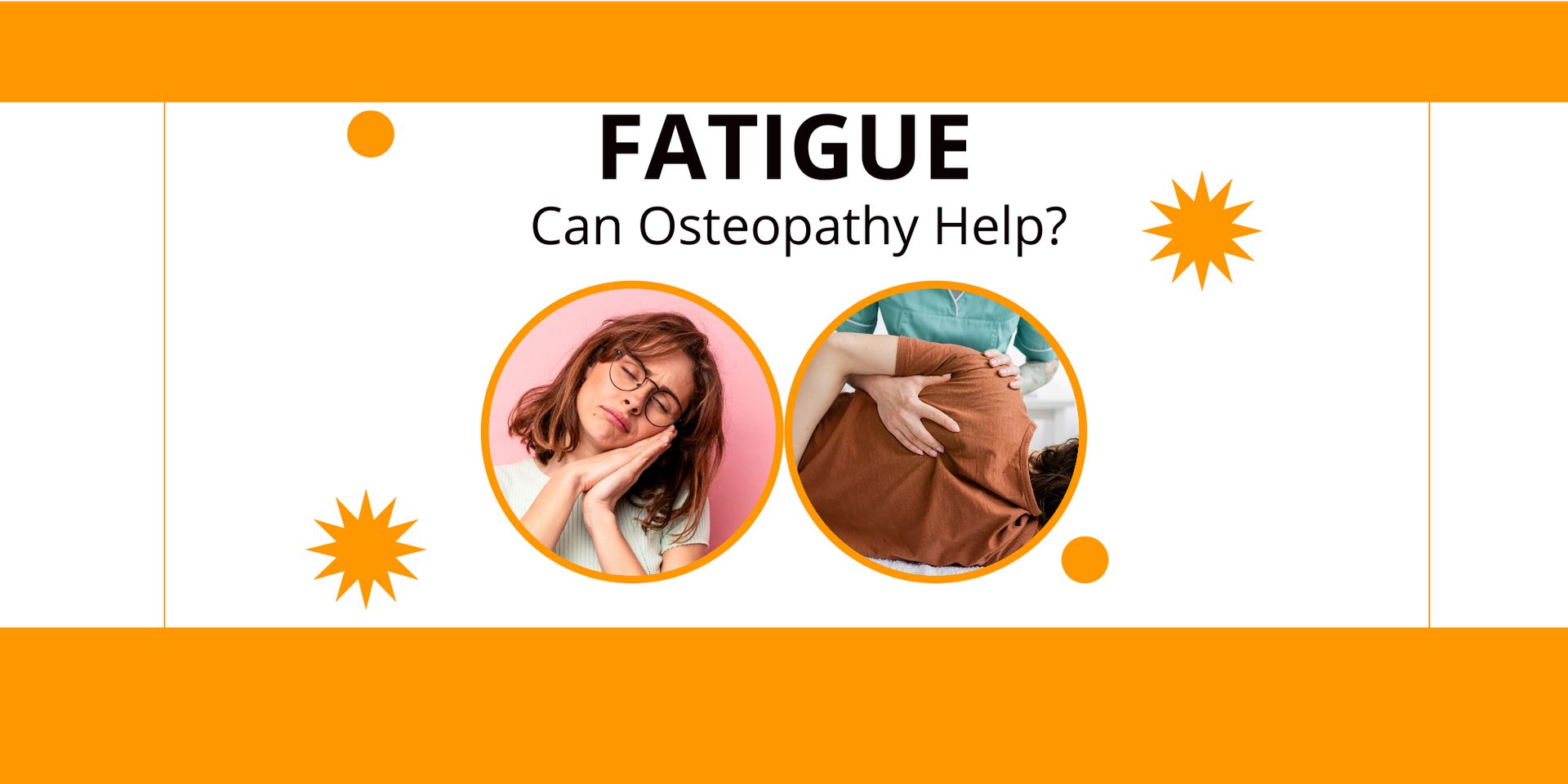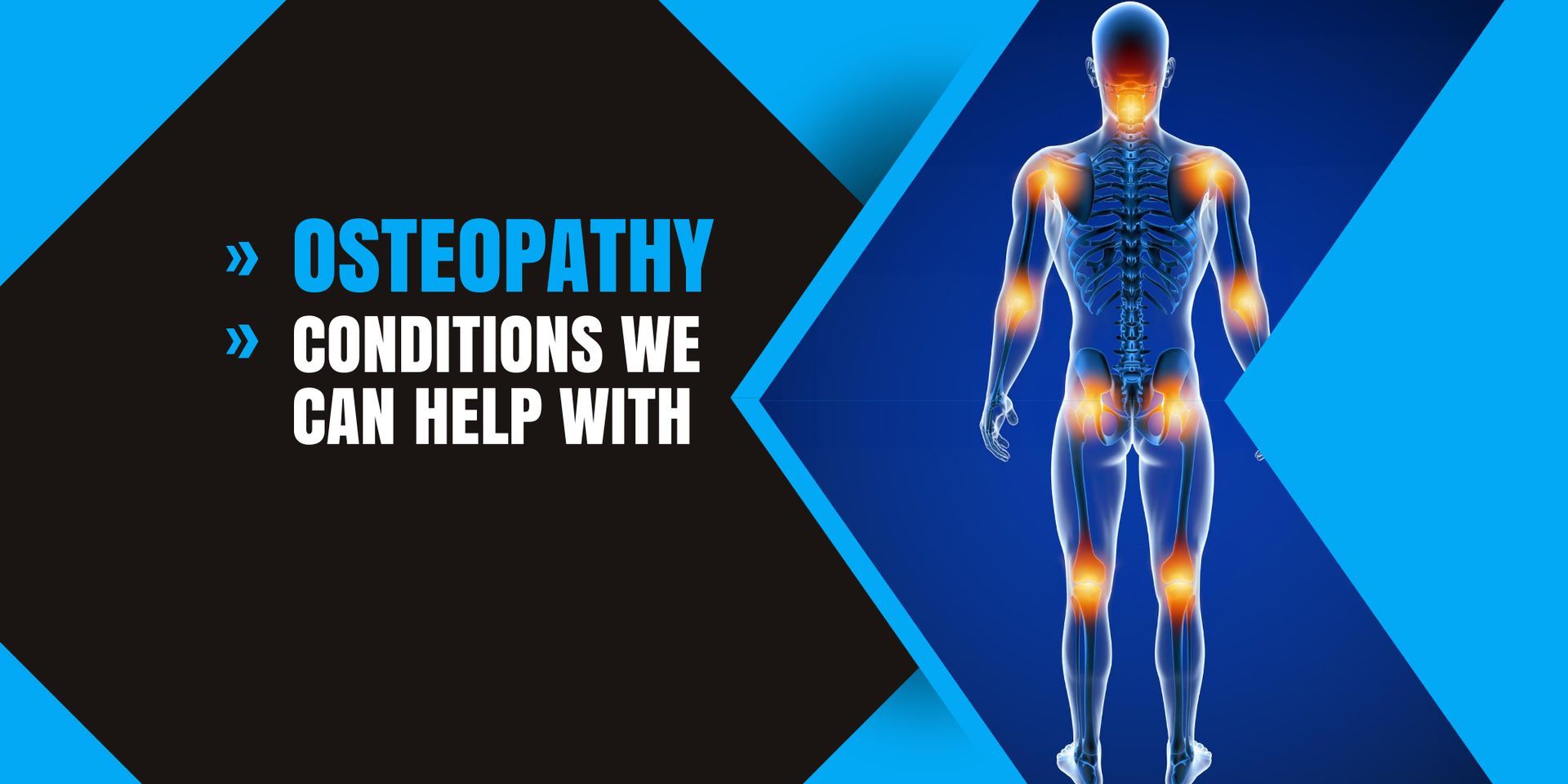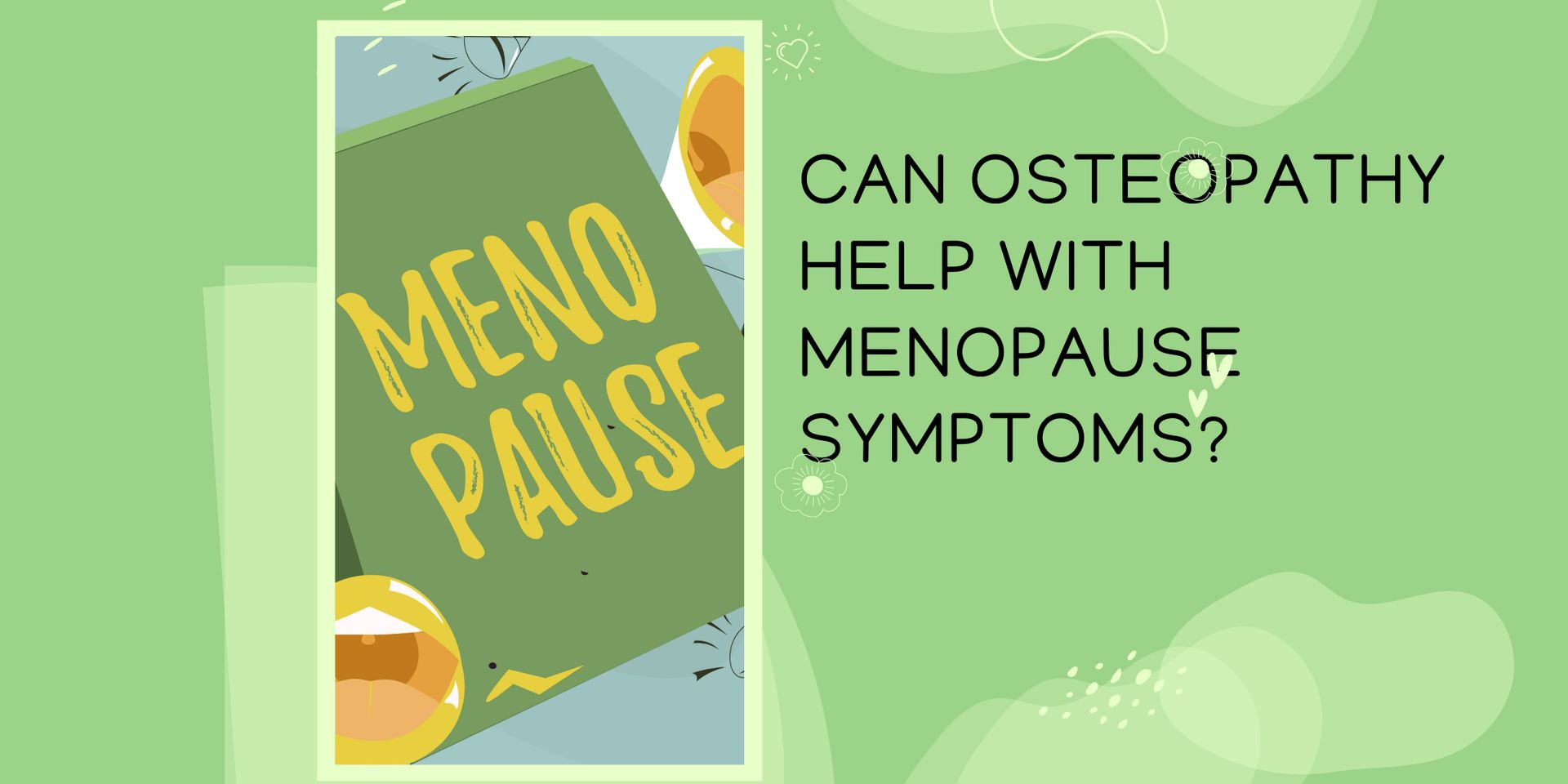Five reasons why taking your lunch break could reduce your risk of a back injury
British workers are legally entitled to a 20-minute break when working for periods of six hours or more

Modern employees are programmed to work longer and harder than ever before. But what is the result of this on our short and long-term health and are we setting ourselves up for an unhealthy future?
A new survey by international healthcare group Bupa has discovered that less than one in three (29%) workers take the lunch break they are entitled to each day. The majority of these – 43% – believe they are too busy with work to stop.
British workers are legally entitled to a 20-minute break when working for periods of six hours or more. However, Bupa ’ s survey of 2,000 full-time workers found that almost two thirds (64%) claim they are not always able to take this.
Most worrying is the survey’s findings that 28% of workers never take a break of any kind during their working day.
There are quite obvious health consequences for avoiding adequate breathing space at work, many of which can impact on the health of the spine. When you consider that the average working week is more than 37 hours, that ’ s a lot of time to be sitting still in one position.
The following points reveal why it’s so important to take a regular stretch of the legs while at work and how it could reduce your risk of injury.
1 Incorrect posture while sitting at your office desk can cause spinal damage over time. This damage might take many years to develop but eventually the pain could become severe and restrict movement as well as result in long-term sick leave. Even if you cannot commit yourself to a full hour lunch break, take regular stretching breaks and walk around the office to free up your muscles and ligaments. Movement helps to promote blood flow which is essential for healthy muscles.
2 Stress can be attributed to a range of diseases and general ill-health, including injury in the muscular skeletal system. Much of this is down to the ‘fight or flight’ response. This term describes a primeval mechanism in the body that enables humans to mobilise a lot of energy and adrenalin very quickly in order to cope with threats to survival. Occupational stress can trigger this system despite there being no threat of danger which causes a chemical overload in the nervous system. This can cause constriction in blood vessels and reduced blood flow to soft tissues resulting in secondary back and neck pain. A lunch break can help employees to manage stress levels more effective to avoid the misfiring of this system.
3 Without adequate nutrition during the working day, it’s only natural that energy levels will falter. This can result in a tired, slumping or leaning posture which can have serious consequences for the health of your spine, especially if you are remaining in the same position for long periods of time. A number of foods have been linked to improved concentration including seeds and fish and the act of taking yourself off for an hour to relax will inevitably leave your feeling fresher when you return.
4 Exercise is a great way of remaining healthy and strengthening your muscles. If you’re the office worker who is always complaining of no time to get to the gym then why not squeeze some exercise into your lunch break? Exercise itself reduces stress – another important factor in back injuries – and the right kind of physical activity will increase your blood flow and flexibility.
5 Keeping active helps you to remain a healthy weight. Many office workers complain of not being able to shift the bulge because they are always sat at their desks. Taking a 40-minute stroll or power walk to the park to eat your sandwiches will help to burn calories and reduce weight gain through inactivity. A healthy weight will also help protect your back from injury both now and in the future.
While office workloads are not likely to change in the near future, employees can – and should – become more protective of their breaks and take their legal entitlement.
I hope these reasons have given you food for thought on why it might be healthier to take a real break.







